Opportunities and challenges
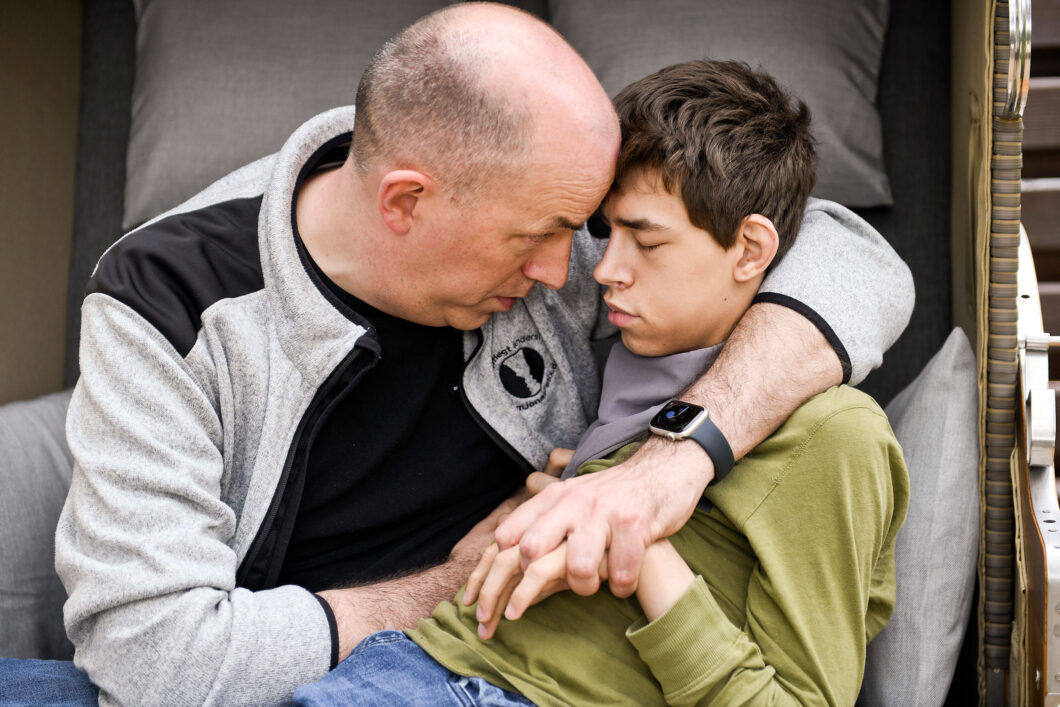
Rare diseases mostly affect children and adolescents. They are usually chronic diseases and often life-shortening. Affected families face numerous challenges, from long diagnosis paths to psychosocial stress. Nevertheless, there is reason for hope: research and treatment of rare diseases in children have made great progress. The Eva Luise and Horst Köhler Foundation is therefore committed to more research.

Why are children affected by rare diseases?
Many rare diseases are genetic. These genetic mutations can be passed on from parents to their children. Children can fall ill due to mutations in a single gene, and many rare diseases manifest themselves in early childhood or at birth.
These chronic diseases are often lifelong and require early diagnosis and treatment.
Unfortunately, rare diseases are often under-researched and often not diagnosed in time. Unusual or difficult to identify symptoms make diagnosis even more difficult. As a result, children often go too long without adequate medical care.

Challenges for affected families
Families of children with rare diseases face numerous challenges. Due to the rarity of these diseases, diagnosis can often take years. This delays any necessary medical care for the children and causes uncertainty and stress for the families. Many affected families feel very alone.
There is often limited information about rare diseases, making it difficult for parents to find the best possible care and treatment for their children.
In addition, caring for a child with a rare disease can be physically, emotionally and financially stressful.
Did you know, that...

Help the orphans of medicine!
ELHKS uses your donations in a targeted manner – so that medical progress reaches everyone.

Living with a rare disease
What does it mean to have a child with a rare disease?
The Kiefer family learned about their son Johnny’s rare disease when he was one year old. The diagnosis of NEDAMSS (Neurodevelopmental Disorder with regression, Abnormal Movements, loss of Speech, and Seizure) left the parents devastated. At the time of diagnosis, there were only 21 affected children worldwide. If no treatment is found, Johnny will gradually lose everything he has learned so far.
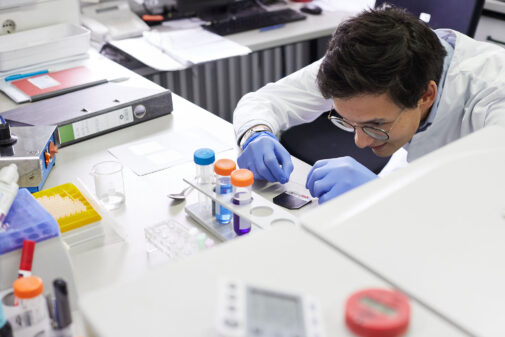
Hope and progress
There is reason for hope. In recent years, research in the field of rare diseases has made considerable progress. Advances in genome sequencing technology have made it possible to identify the genetic causes of many rare diseases. Faster diagnosis and personalized therapies are thereby possible.
In many countries, laws have been passed to promote the development of drugs for rare diseases. These so-called “orphan drugs” have the potential to significantly improve the lives of children with rare diseases.
There are a growing number of patient organizations that advocate on behalf of children with rare diseases. These organizations provide support and information for affected families.
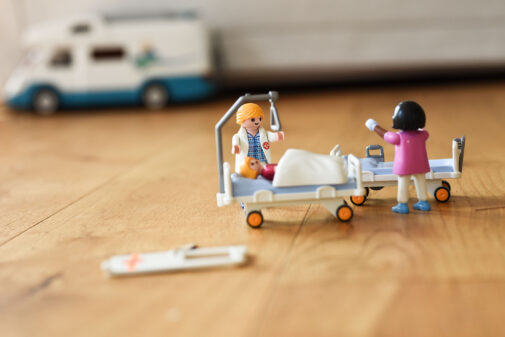
Film project: Rare Diseases
In a unique film project, the Eva Luise and Horst Köhler Foundation shows the people behind the rare diseases. Affected families as well as doctors and scientists have their say. The short films impressively show how much potential there is in research and what it means for families when projects give hope for a healthier future for their children.
Latest News
-
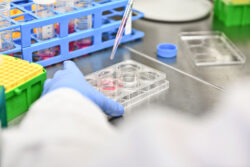
Tenders
Alliance4Rare call for proposals: Funding for research projects on rare diseases
The Alliance4Rare - Research Initiative for Children with Rare Diseases is once again inviting proposals for up to three research projects with a maximum duration of 3 years and a…
-
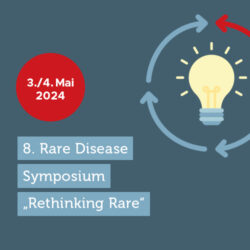
Research
8th Rare Disease Symposium: “Rethinking Rare”
Rethinking Rare" - we cordially invite you to join us for the 8th Rare Disease Symposium on May 3-4, 2024 in Berlin. Get actively involved in rethinking, forward thinking and…
-

Events
Presentation of the 16th Eva Luise Köhler Research Award for Rare Diseases
Eva Luise Köhler will award the Research Prize for Rare Diseases that bears her name on Friday, May 3, 2024 from 6 p.m. at the Berlin-Brandenburg Academy of Sciences and…
Newsletter Subscription
Our free newsletter informs you about current calls for proposals, events and projects concerning rare diseases.